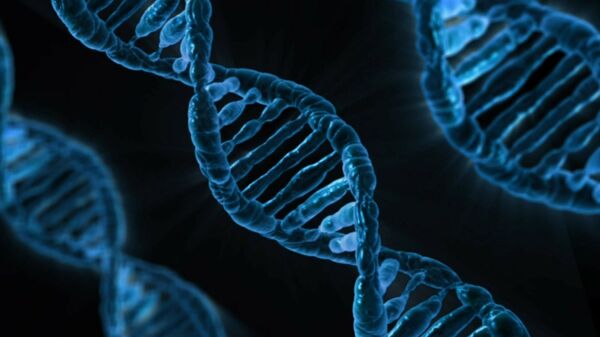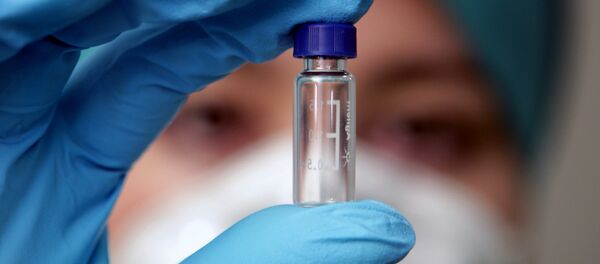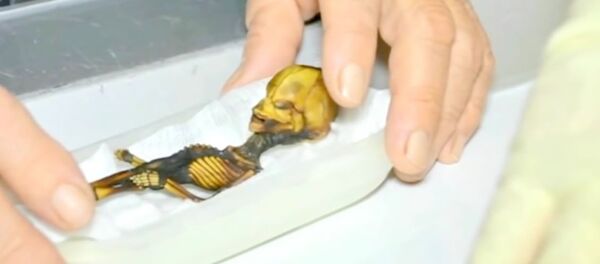Sputnik discussed the technology of DNA data storage with Robert Grass, a professor at ETH Zurich’s Functional Materials Laboratory, who translated the album’s digital audio into genetic code alongside former ETH scientist Reinhard Heckel.
Sputnik: How is it even possible to store data in DNA? What is the technology of such a type of data storage?
Robert Grass: We’ve been storing data in DNA for the last three years, storing more and more data as the technology evolves. The main advantages are the data density you get on DNA; you can pack more information per mass of material, where with standard media we have the problem that as we generate more and more data, we don’t know where to put it, and DNA is really unique because in a fairly small amount of mass you can store tremendous amounts of information. So to give a number to that, in a gram of DNA you can theoretically store 200 exabytes of data, that’s 200 million terabytes of information in one gram. So that’s really amazing, the density you get and also the stability is really high for the data you get. So we know we can store data on DNA for a very long time, we also know that we can’t store all data on hard disks or CDs, or any traditional media for a very long time, so that’s the second advantage DNA brings.
READ MORE: Estonia's Large-Scale DNA-Collecting Project to Help Fight Rare Diseases
Sputnik: Just give us some timescales; are we saying that in maybe 3, 5 or 7 years' time, we’re going to be saying on a daily basis: where is your storage, It’s in my DNA. Is that the way forward? Is that really going to happen?
Sputnik: How complex is the whole process of the storage of data in DNA in simple terms? Is it a complex process to store on DNA?
Robert Grass: It depends on where you're coming from, at the moment it is relatively complicated, all of the steps are not fully automated, so it’s a kind of lab work: where you synthesize the DNA and the machine will have the DNA synthesized until we do various processing. It is all relatively slow, but if you think in terms of the principal steps that are necessary, there is nothing exotic about it, it’s chemistry, it’s liquid handling, it’s nothing really futuristic. It’s all standard technology that can be made faster and easier and scaled-up.
Sputnik: It's an amazing story, I’m just absolutely staggered listening to you, it’s absolutely wonderful to think about the potential, have you had any communication with any of the big players? Has Google or Facebook wanted to talk to you?
Sputnik: Just explain to us why you chose this Massive Attack in the first place? Is this some particular music that you enjoy? Why particularly that one?
Robert Grass: I do enjoy their music, it’s also kind of from my youth. So we've been in this field, as I've said of storing information in DNA for the last few years, and that has been quite public. So one day, a little more than a month ago, I got an email from the manager of the band, and he said they're going to celebrate the 20-year anniversary of the album Mezzanine and they want to do something special, they want to store it because it's important for them, they’re interested in this DNA, and they want to store it in DNA. So this wasn't my selection, it kind of came to me, and that’s why we decided we're doing this album, with this band.
The views of the speaker do not necessarily reflect those of Sputnik.





